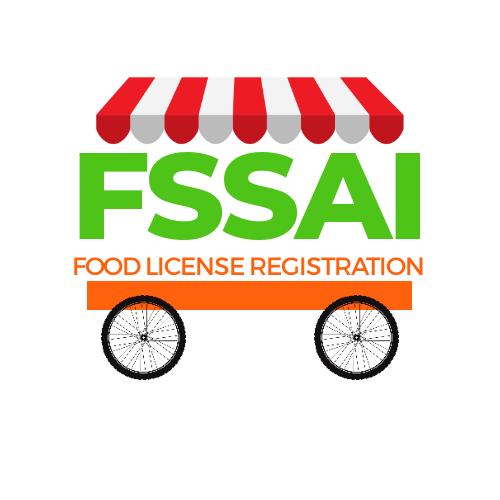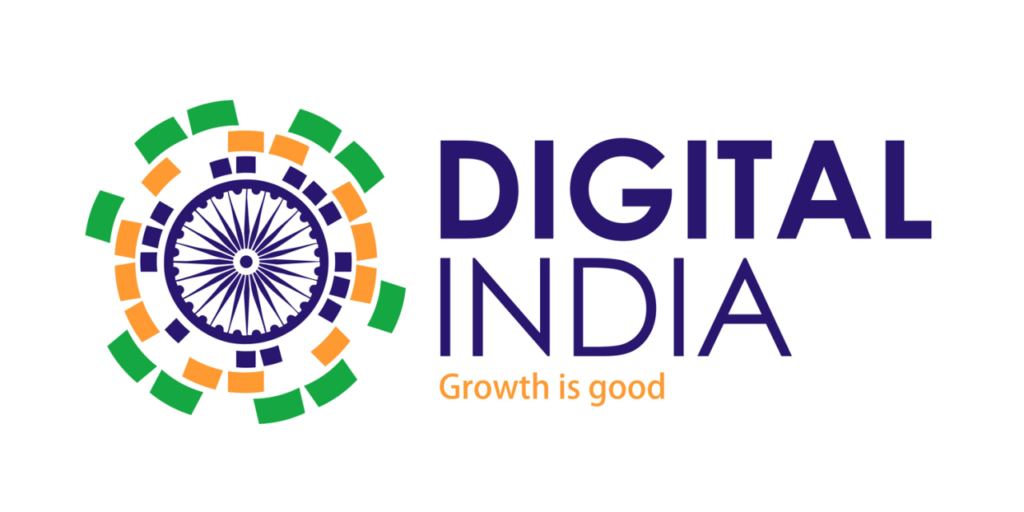Grievance Redressal Policy
In the present scenario, excellence in customer service and customer satisfaction is the most important tool for sustainable growth of business. At https://www.foodlicenses.co.in we truly believe to provide best services to our customers. We aim to understand both our strengths and weakness from our customer’s point of view and work across our business strategies to meet their needs.
This policy document is aimed for minimizing instances of customer complaints and grievances through proper service delivery and review mechanism and to provide speedy redressal of customer complaints and grievances and refund in cases if it not fit for redressal.
Grievance Resolution and refund Policy is required as under Rule 5 (9) of the IT Rules, 2011.
https://www.foodlicenses.co.in grievance redressal and refund policy follow the following principles:
• Customers must be treated fairly
• Customers are fully informed of avenues to escalate their complaints / grievances within the organization and their rights to alternative remedy.
• In cases,if redressal is not possible, refund of the amount paid by the customer at the earliest
This policy document is available on the website www.foodlicenses.co.in
https://www.foodlicenses.co.in address all complaints/concerns brought to our attention by our customers and also understand the importance to understand, classify & differentiate complaints from queries. The policy clearly defines the two.
Complaint
A complaint may be defined as “An expression of dissatisfaction made to an organization, related to its services, or the complaints-handling process itself, where a response or resolution is explicitly or implicitly expected” A complaint may be expressed in person, over the telephone or in writing
Query
A query can be defined as a question, often expressing doubt about something or looking for an answer from an authority. A query is:
• A form of questioning, in a line of inquiry
• In nature of a request for information or guidance
• Where there is an expectation from the customer – for data / clarification.
At www.foodlicenses.co.in we would like to assure you of the best of our services at all times.
How to Raise the Grievance?
The subscribers can raise grievances through the following modes:
Email: The subscriber may write us at info@fssaicertificate.org
Acknowledgements
An acknowledgement shall be sent to the complainant within three working days of the receipt of the grievance. Acknowledgement shall contain Date of receipt of complaint/grievance, Unique Grievance Number, expected date for resolution of grievance, Name, Designation and Contact details of Office, manner and mode of tracking resolution of grievance/complaint with the Unique Grievance Number.
The resolution time shall not exceed 30 days from the date of the receipt of the complaint from the complainant.
Closure of Grievance:
A complaint shall be considered as disposed of and closed when
(a) the company has acceded to the request of the complainant fully.
(b) where the complainant has indicated in writing, acceptance of the response of the Company
(c) where the complainant has not responded to the Company within 8 weeks of the company’s written response.
(d) Where the Grievance Redressal Officer has certified that the Company has discharged its contractual, statutory and regulatory obligations and therefore closes the complaint.
Public Awareness on Grievance Redressal Procedure:
Company shall publish its grievance redressal procedure on its website and through other mediums for public awareness on Grievance Redressal Procedure
Record Keeping:
The record of complaints is maintained for a minimum period of 1 years from the date of resolution.
Review of Policy:
These reviews shall consider the following:
1. Internal factors such as changes in organizational structure or products and services offered
2. External factors such as changes in legislation or technological innovation
3. The results of audit, if any conducted during the year by internal/external auditors.

